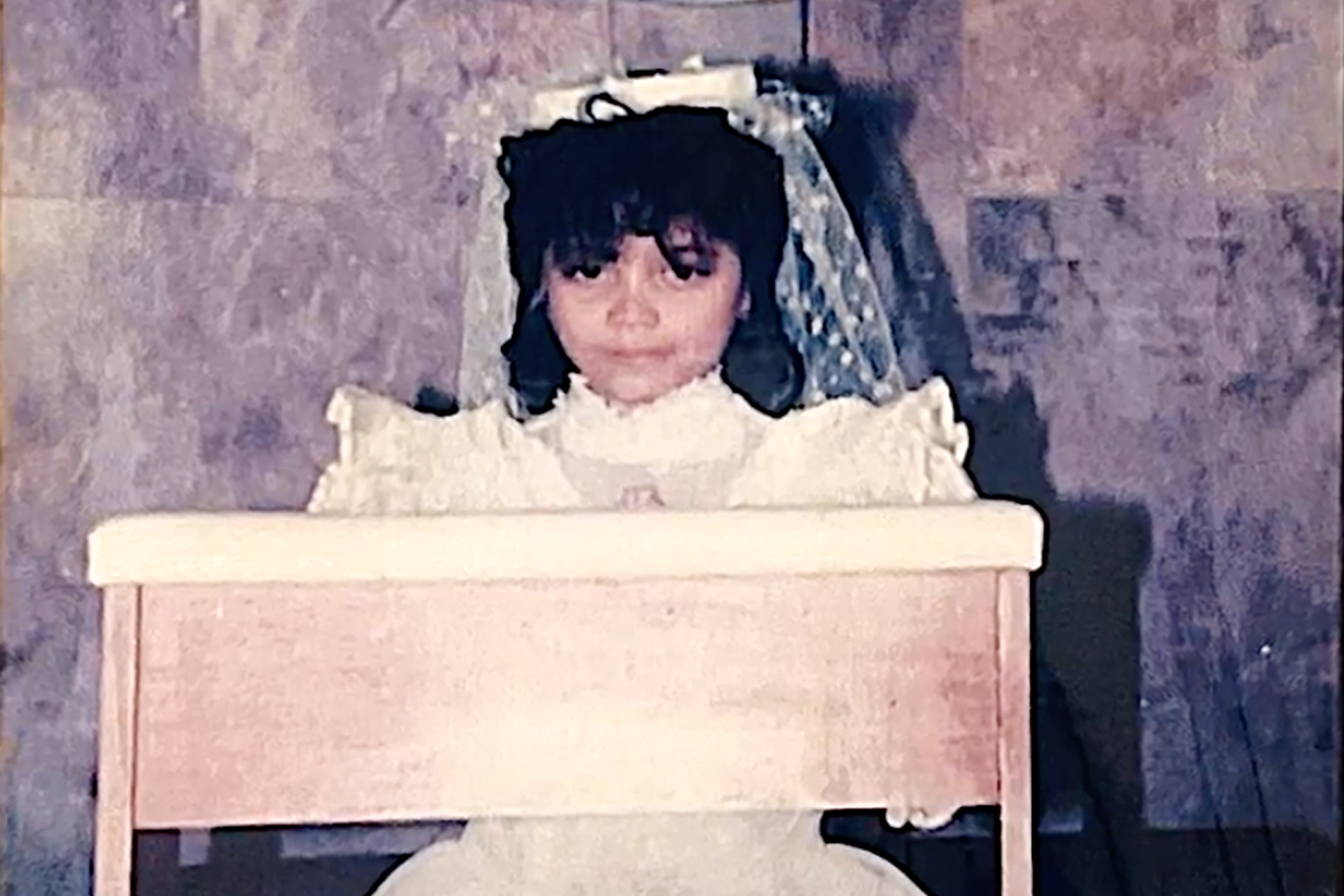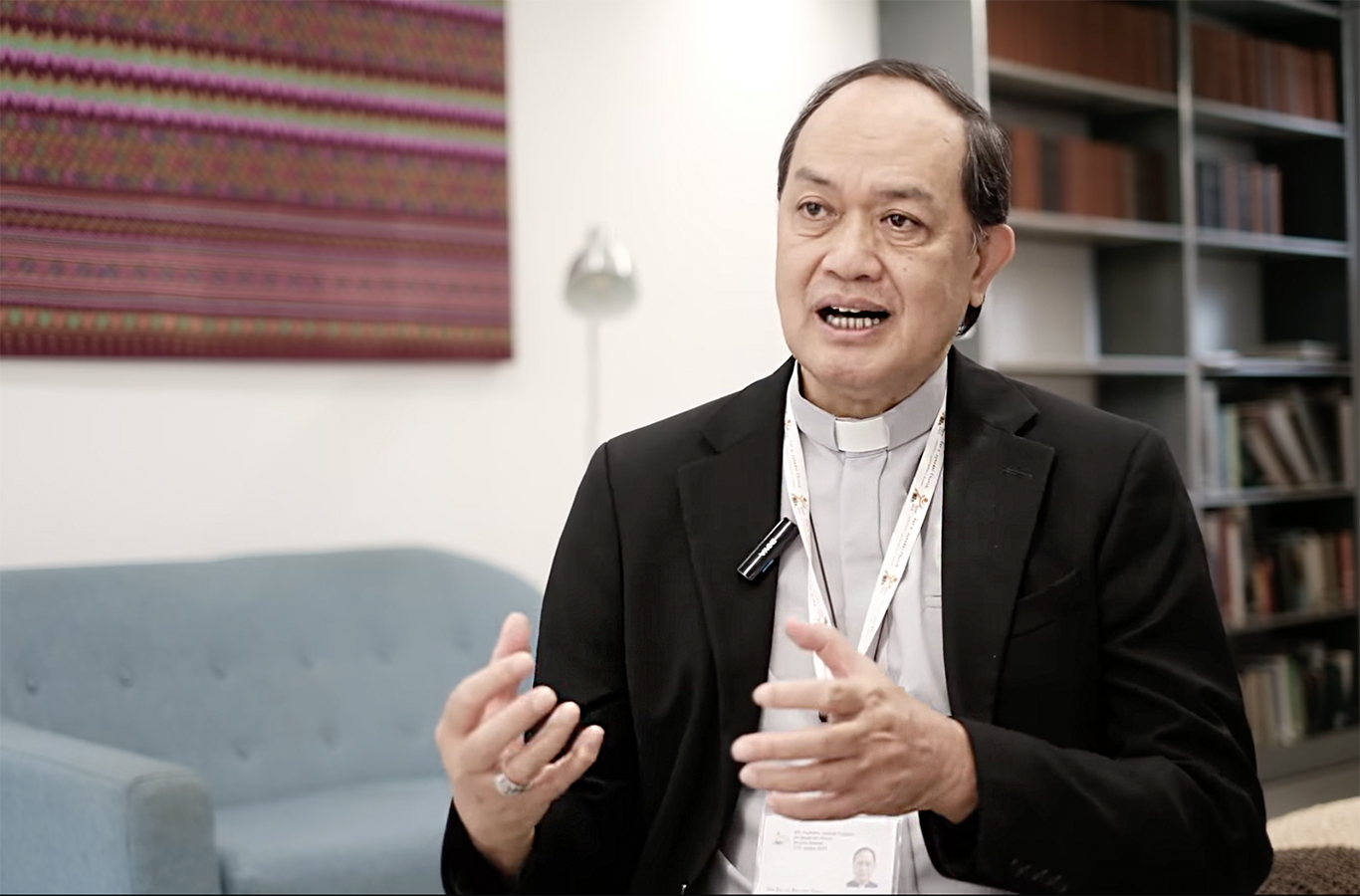
By Roy Lagarde/ CBCP News
Manila, Philippines
A northern Philippine diocese is embarking on a tedious process to make a teenage girl one of the youngest saints in history.
Niña Ruiz-Abad was just 13 years old when she lost her battle against hypertrophic cardiomyopathy, an incurable heart disease she was diagnosed with at the age of 10.
While her life was short-lived, she left a major impact on people whose lives were touched by her deep faith in God and acts of charity.
She had a strong devotion to the Eucharist and devoted her life to distributing rosaries, Bibles, prayer books, holy images, and other religious items.”
She was also known for always wearing a rosary around her neck and white dresses.
Bishop Renato Mayugba of Laoag said that at a very young age, Abad showed behaviors and acts that were unusual for her age.
“During her time, it is unusual that a young girl had already done acts to evangelize others,” said Bishop Renato Mayugba of Laoag.
“Niña’s life was a prayerful life full of reverence, worship and intimate relationship with God, Jesus Christ, the Holy Spirit and to the Blessed Virgin Mary,” he said.
At the recent plenary assembly of the episcopal conference in the Diocese of Kalibo, Mayugba presented to the bishops a request to open the sainthood cause of Abad.
The process that led to sainthood cannot usually start until five years after a person’s death.
With the bishops’ approval, it opened the door to the formal investigation of her life and witnessing, which may take years before a possible decision from Rome regarding her potential beatification and canonization.
The initial stages include gathering information about the candidate and interviewing witnesses who knew the person.
Abad was a daughter to a lawyer couple from Sarrat, a town in Ilocos Norte province. But she was born and grew up in Quezon City, along with her only sibling, Mary Anne, because of their parents’ works. Her father died when she was just three years old.
In April 1988, her family transferred to Sarrat, where her mother became the chief hearing officer of the Commission on the Settlement of Land Problems of the Department of Justice.
She graduated elementary at the top of her class and then proceeded to have her first-year of high school at the Mariano Marcos State University Laboratory School.
However, due to a change in her mother’s work assignment, she was transferred during her second year of high school to the School of the Holy Spirit in Quezon City in June 1993.
The tragic day came on August 16 of the same year when she had a heart attack at school. She was rushed to the hospital but passed away.
Abad’s remains were brought to her hometown in Ilocos Norte. She was laid to rest at a public cemetery in Sarrat.
The sainthood process normally begins on a local level in the diocese where a candidate died. In the case of Abad, it is the Diocese of Novaliches.
However, Mayugba obtained the approval of Bishop Roberto Gaa for the transfer of the “forum of competence” to the Laoag diocese, which was also approved by the Vatican Dicastery for the Causes of Saints.
The bishop said the young girl could serve as “a good model of piety and fortitude” for the youth today.
“Knowing Niña’s character and traits and her strong faith in God will serve as a guide to the youth in handling their affairs towards a better Christian life,” Mayugba said.
More than three decades after her death, Abad is still remembered by those who were with her and knew her.
“If one asks, ‘Do you know Niña Ruiz Abad?’ The answer would be, ‘That’s the girl who always wore a rosary. The girl who loved to pray. The girl who loves God so much,’” Mayugba said.











